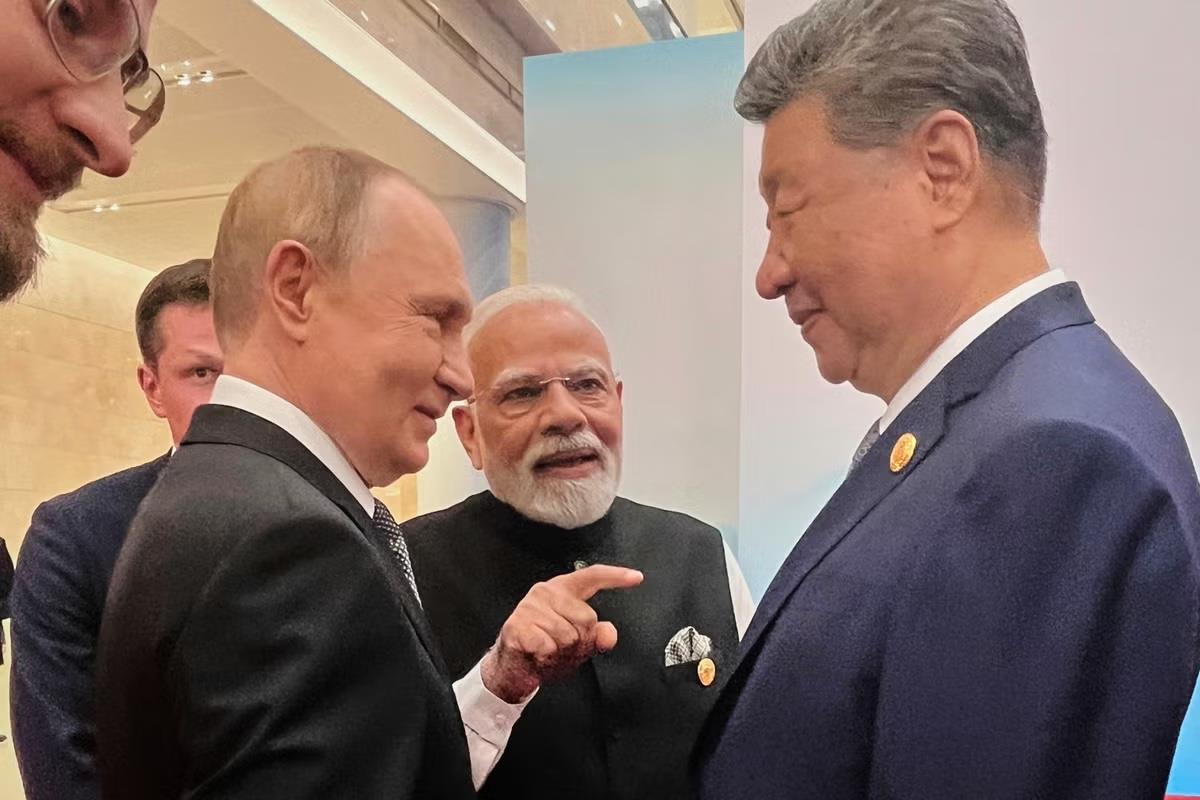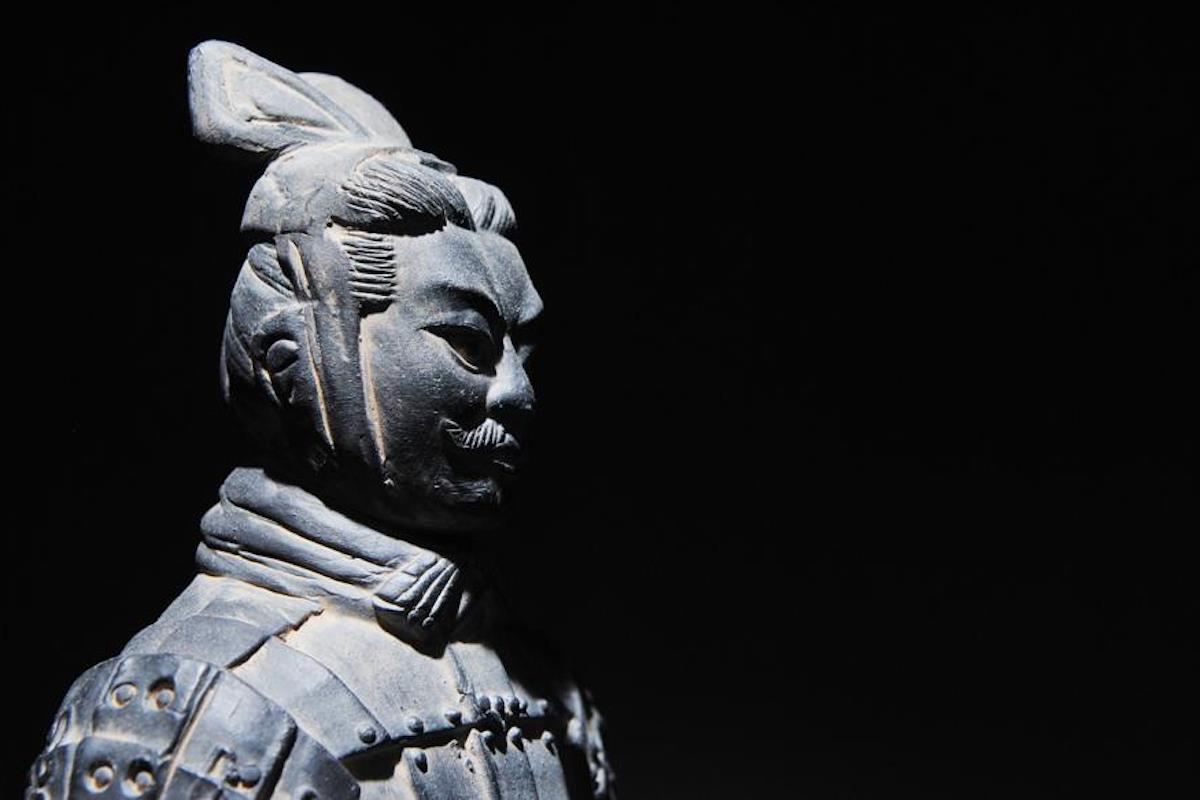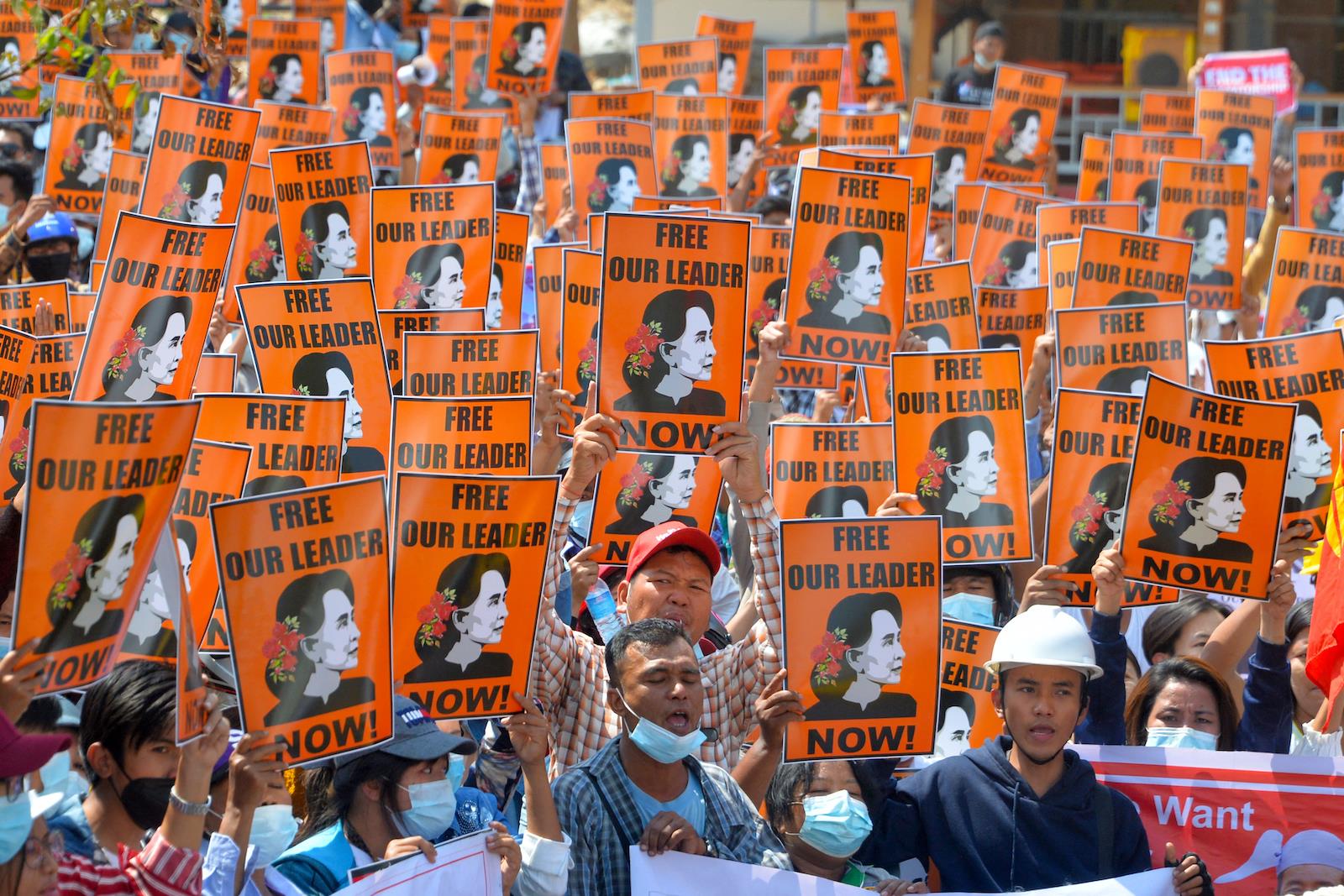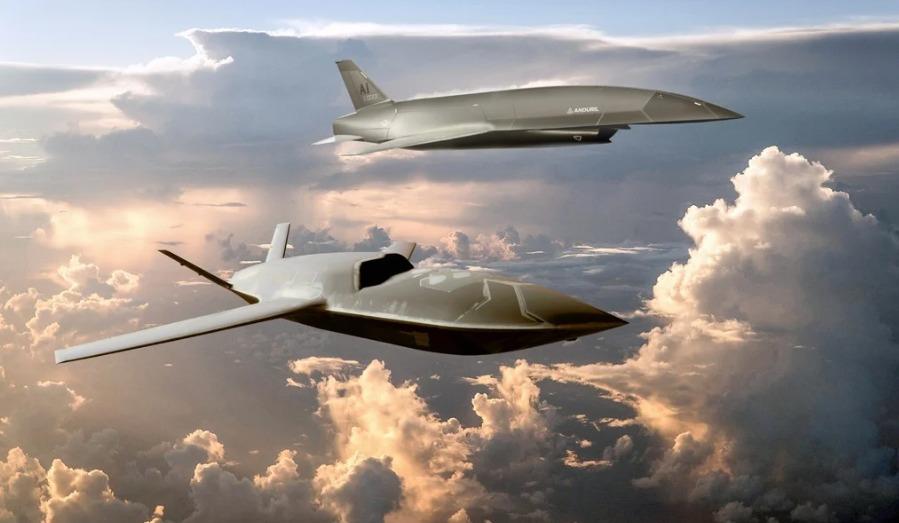Modi's Tactical Tango With Beijing And Moscow
The photos and videos of Modi shaking hands with Chinese President Xi Jinping and Russian President Vladimir Putin dominated Western news cycles, quickly becoming the defining image of the event.
Some commentators rushed to conclude that a new“axis of upheaval” was born. Many described the scene as heralding a new chapter in the global balance of power, a sign that India was moving closer to China and Russia in defiance of the West.
Others suggested it reflected the mounting pressure from Donald Trump , whose tariff battles and geopolitical bullying have left New Delhi searching for room for a strategic reset.
Such commentary, however, was dramatic but superficial. Modi's participation was not a historic pivot. It was a tactical adjustment, a temporary performance dictated by immediate political needs at home and calculated hedging abroad, rather than a structural reorientation of India's foreign policy.
The composition of Modi's delegation offered the first clue to the strategic thinking behind the Tianjin visit. The absence of Subrahmanyam Jaishankar, India's external affairs minister and its principal diplomatic strategist since 2015, was a significant detail.
Jaishankar, first as foreign secretary and later as minister, has been the central architect of India's international engagements under Modi. His absence indicated that the visit was narrow in scope, focused on security management and tactical balancing rather than grand strategy.
This detail undermines the breathless claims that Modi was charting a bold new path. India continues to consider its relationship with Washington invaluable. Despite frustrations, that partnership remains the cornerstone of New Delhi's international strategy.
Modi's decision to bring Ajit Doval instead of Jaishankar reinforced the view that Tianjin was about short-term political optics, not long-term statecraft. The urgency behind this maneuver becomes clearer when one looks at India's domestic political climate. Modi currently governs under immense pressure.
The economy is stumbling. Unemployment has risen to its highest level in decades. Inflation has eroded the purchasing power for ordinary households, making life more difficult for the aam aadmi (ordinary people) whose support Modi once claimed as his political base.
The Indian rupee has sunk against the dollar, undermining confidence. Modi's own past taunts against the Prime Minister Man Mohan Singh government for presiding over currency depreciation have boomeranged, becoming a source of mockery and criticism from his opponents.

Legal Disclaimer:
MENAFN provides the
information “as is” without warranty of any kind. We do not accept
any responsibility or liability for the accuracy, content, images,
videos, licenses, completeness, legality, or reliability of the information
contained in this article. If you have any complaints or copyright
issues related to this article, kindly contact the provider above.
Most popular stories
Market Research

- Latin America Mobile Payment Market To Hit USD 1,688.0 Billion By 2033
- Nutraceuticals Market Size Projected To Witness Strong Growth During 2025-2033
- BTCC Summer Festival 2025 Unites Japan's Web3 Community
- Meme Coin Little Pepe Raises Above $24M In Presale With Over 39,000 Holders
- Excellion Finance Launches MAX Yield: A Multi-Chain, Actively Managed Defi Strategy
- What Is The Growth Rate Of The Europe Baby Food And Infant Formula Market In 2025?


























Comments
No comment